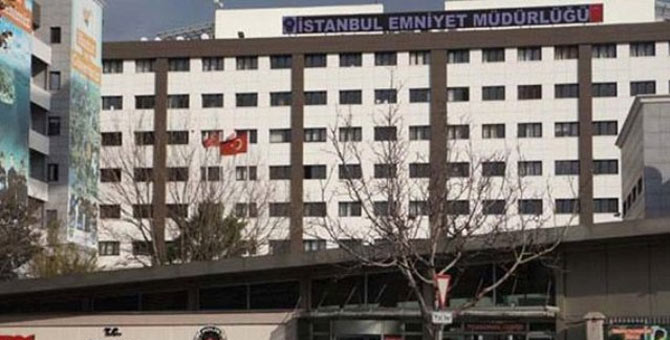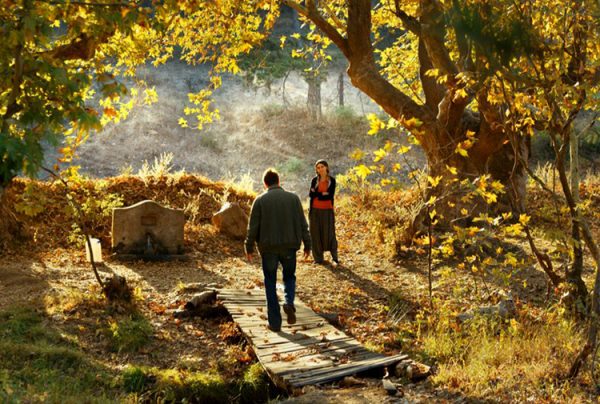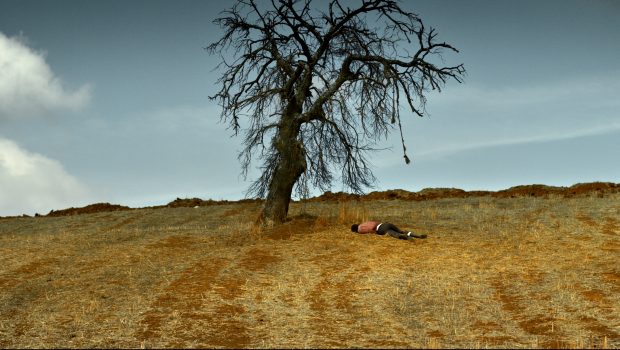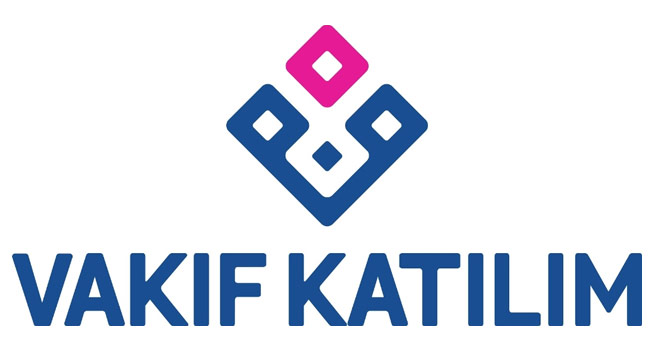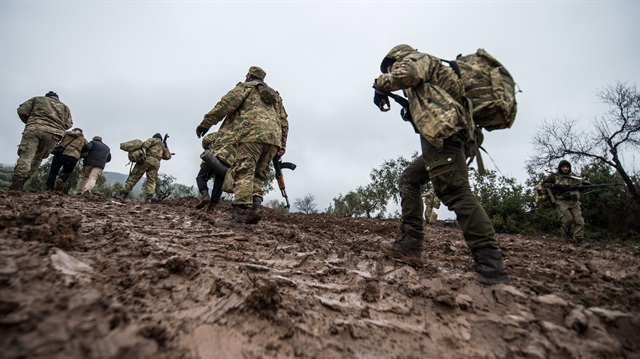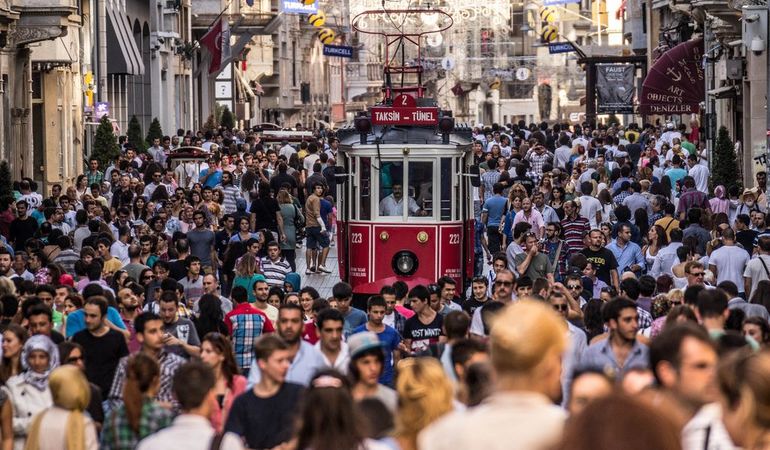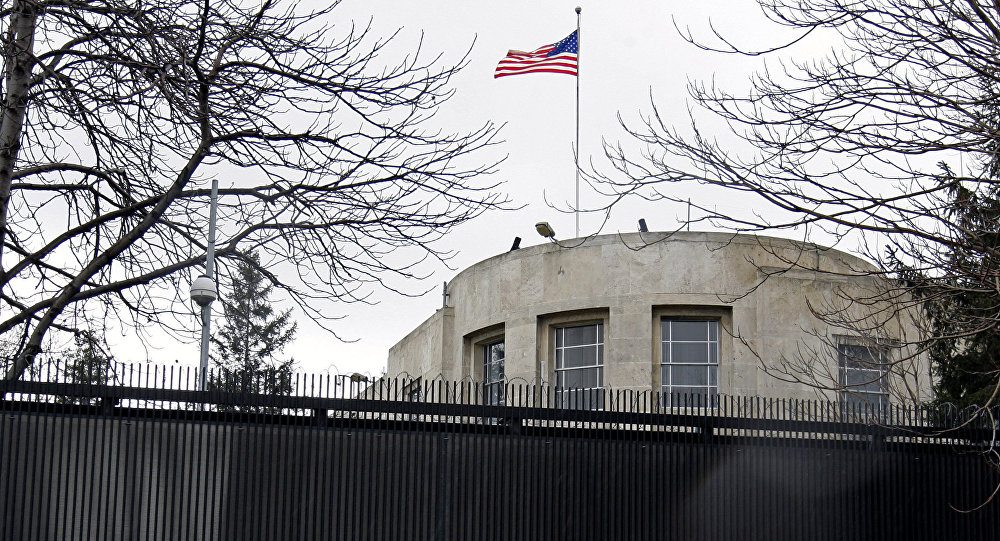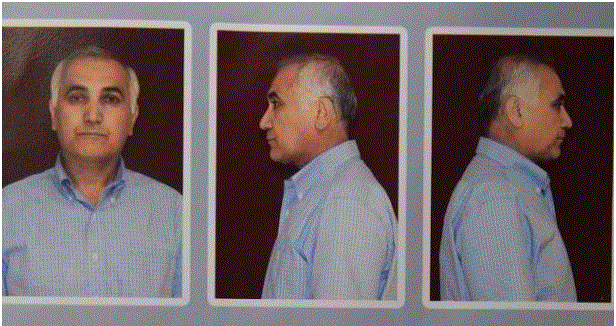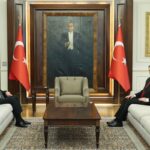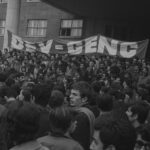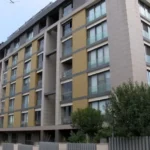For the months after December 2013, several developments should be noted. The first is that the AKP and Tayyip Erdoğan won overwhelming electoral victories in 2014 March and August. Those elections represented the Turkish people’s explicit rejection of Gülen’s attempts to manipulate Turkish democracy. On the other hand, those elections also highlighted the real problem in Turkish politics for everyone in the world. Many AKP voters were undoubtedly disturbed, and maybe even convinced, by the corruption allegations against several ministers. But even if they were, what realistic alternative might they vote for? There was no such alternative (1).
Instead, voters saw clearly that the corruption investigations launched against the AKP in December 2013 were nothing but an attempt to bring down the AKP government, so that the AKP was awarded an even greater victory in March 2014 than it had achieved in the local elections in 2009 (2). The August 2014 presidential election saw Selahattin Demirtaş emerge as a potential rallying figure for the Turkish opposition, but he promptly destroyed that possibility by calling his mass base onto the streets, and to violence, in October 2014 (3).
Secondly, in the wake of the December 2013 corruption cases, the AKP began to carry out purges and reforms in state institutions for a variety of objectives. The judiciary were largely not purged at that point; instead, large numbers of judges and prosecutors were shuffled from one post to another. The police, on the other hand, were targeted by personnel purges. Also, by way of initiating a process of renewal in the police, large numbers — thousands — of new recruits were taken into the force. At the same time, the AKP took steps to cut off Gülen’s revenue streams flowing from state institutions.
This is an issue which I find particularly interesting both because I have had to deal personally with Turkish bureaucracy, and because I know of no analysis that has been made on these issues. For most of the time I’ve been in Turkey, for most foreigners the bureaucratic experience that defined the Turkish state had always been the trip to Greater Istanbul’s Municipal Police Headquarters in the Aksaray neighborhood to obtain or renew a residence permit. For reasons that are unknown to me, the police (Emniyet) was the institution put in charge of processing the papers of foreigners residing in Turkey (4). Along with such processing of state documents went various fees (or fines), all of which were handled by the police. This meant that large amounts of cash — because all the transactions in question were made in cash — were flowing into and through the hands of the police. Added to such routine cash flows were the visas purchased by foreigners arriving (and sometimes fines paid while leaving) at the airports and border crossings — because those bureaucratic transactions were also handled by the police.
Shortly after December 2013, the AKP quietly began to take steps to cut off such cash flows heading into the police’s possession. For example, I was scheduled to defend my PhD dissertation in June 2014, and my parents naturally wanted to come in order to attend my graduation from Sabancı University. This meant that, being early planners, they would buy their plane tickets months in advance. My parents had already been to Turkey a number of times, so they knew the routines. But in April or May 2014 the Turkish government suddenly announced that all visas would henceforth be purchased only through the Foreign Ministry before arrival. Fortunately, my parents’ travel agent was alert, so they were informed about the change and were able to purchase obtain and pay for their visas long before their departure.
Furthermore, by late summer 2014 all paperwork fees or fines previously payable at police stations (5) had been redirected either to the Treasury Ministry or to state banks such as Vakıf Bank. Even though I have no proof, and I’ve seen nothing written on the topic, the timing of these actions seems clearly designed to exert bureaucratic control and establish transparency over revenue sources that had previously been non-transparent and had little or no paper trail. In other words, they were aimed at stemming, and bringing under state control, cash flows from the Turkish police that were streaming into Gülen’s coffers.
NOTES
(*) Continuing from my 15 January 2017 essay: https://serbestiyet.com/yazarlar/adam-mcconnel/gulens-cult-7-november-december-2013-elected-versus-unelected-state-actors-754128
(1) Coupled with the anarchical situation in the Turkish press is the grim situation in Turkish politics outside the AKP. No other party even has an identifiable platform (other than short-term slogans); no other party has a broad, practical, clearly-defined ideological foundation that can be used to attract voters; no other party has an organization that can carry out complex political events, run a campaign, or carry out door-to-door canvassing in all sectors of Turkish society. And when I point that out to individuals favoring one of the opposition parties, excuses (or insults, or furious denunciations) are offered up instead of a willingness to confront the reality of the situation. They claim that the AKP is somehow preventing the opposition from organizing effectively. This cop-out means not only that they fail to recognize the difficulties that the AKP and its ideological forebears have had in organizing themselves over the past forty years, but that they also refuse to accept the manner in which democratic politics operates. It’s much easier to simply complain, sit on their hands, and then provide tacit approval when unelected political actors try to intervene in the Turkish political system.
As for the AKP, they have an extremely poor understanding of modern public relations. This is why they have great difficulty communicating their ideas and policy stances not only to sectors of Turkish society outside of their own mass base, but also to the outside world. Improvements have been made on these issues in the past three years, but the party still has a long ways to go in mastering the PR techniques commonly used for example in the U.S..
(2) English-language Wikipedia pages exist for all Turkish elections. See, for example: https://en.wikipedia.org/wiki/Turkish_local_elections,_2009; https://en.wikipedia.org/wiki/Turkish_local_elections,_2014. The commentary on the Wikipedia sites, however, may not reflect an objective assessment of any particular election. The statistics on the Wikipedia pages are generally taken from the Turkish state’s Supreme Elections Council, which also has its own English-language pages for election results: http://www.ysk.gov.tr/ysk/faces/PastElections?_afrLoop=582526824687240&_afrWindowMode=0&_afrWindowId=plvwdll1_37#%40%3F_afrWindowId%3Dplvwdll1_37%26_afrLoop%3D582526824687240%26_afrWindowMode%3D0%26_adf.ctrl-state%3Dplvwdll1_58
(3) See: https://serbestiyet.com/yazarlar/adam-mcconnel/the-rise-and-fall-of-selahattin-demirtas-1-661985; https://serbestiyet.com/yazarlar/adam-mcconnel/the-rise-and-fall-of-selahattin-demirtas-2-662220
(4) This may be a relic of the Turkish Republic’s foundation era. Local Turkish police stations are known as karakol, a term that is of central Asian Turco-Mongol origins: karagul or karawul, meaning guard or sentry (organization). It came into re-use during 19th century Ottoman modernization reforms, when an urban police force was created for the first time. It also passed into the name of a Unionist resistance organization (Karakol Cemiyeti) secretly founded in post-1918 “Occupation Istanbul.” One way or the other, during the Tanzimat era, under the Young Turks, and finally under the Kemalists, the new army and (as its extension or appendage) the police formed the backbone of the gradually emerging modern state, so that many functions which would otherwise and elsewhere be in the hands of the civilian bureaucracy came to accumulate in the hands of the security forces.
(5) Around eight to ten years ago, the police began to divert residence permit renewals to the local municipal police branches. But to obtain an original residence permit, applicants still had to go to the Greater Istanbul Municipality Police Headquarters in Aksaray.
Yazıyı beğendiysen, patronumuz olur musun?
Evet, çok ciddi bir teklif bu. Patronumuz yok. Sahibimiz kar amacı gütmeyen bir dernek. Bizi okuyorsan, memnunsan ve devam etmesini istiyorsan, artık boş olan patron koltuğuna geçmen lazım.
Serbestiyet; Türkiye'nin gri alanı. Siyah ve beyazlar içinde bu gri alanı korumalıyız. Herkese bir gün gri alanlar lazım olur.




